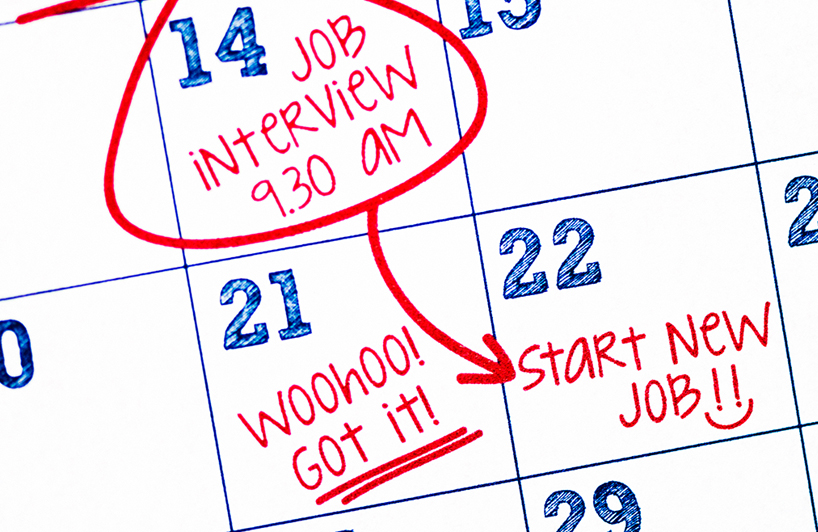Are you excited? You have been called in for a technology interview and you must show that you are the right person for the job. In order to accomplish that, you must separate yourself from other candidates and make the hiring manager feel confident that you have the technology skills that meet their needs. If you believe that all you have to do is simply answer all of the questions and hope for the best, then take a look at the hints below on how to best prepare for a successful technology interview.
Educate Yourself
A common mistake that candidates make is not educating themselves thoroughly on the company they are applying to. We are not talking about knowing when the organization was established or how many employees it has. This is good information to have, but you must do more than that. Do research on the company’s technology evolvement and workforce culture. What technologies are they currently using and which are they planning to transition to in the future? What are their next steps in staying ahead of the game? Use social media like LinkedIn to dig into the professional background of current employees and to understand what the organization is looking for from its staff. The more you discover, the better you are prepared for the interview.
Make the Specimens Talk
You were chosen for an interview because your technology skills match the job requirements, but that is not enough to get you the position. You need to talk about your technology career achievements and give clear and solid examples. What roles did you hold before and why do they relate to the offered position? How do the technologies you know add value to the organization? Be upfront and honest about your qualifications and avoid dancing around the questions if you are hoping to have a successful technology interview. On the contrary, explain how you are willing to work on catching up and meeting prerequisites.
Practice as Much as Possible
In order to have a successful technology interview, you need to give the right answers to all of the questions that the hiring manager poses. What are these questions though? Instead of spending time guessing the questions, invest time into practicing your answers. Prepare yourself on how to better talk to your technology skills and how to elaborate on your technology career. Reach out to a qualified technology recruiter and let them coach you before the interview. Keep in mind that it is likely that they have worked with your potential employer before and they understand the needs of the position and the demands of the hiring managers.
Plan for Interaction
We understand that an interview is not the most comfortable moment for a candidate since it is a process during which they do not have control over where the discussion is heading. It is the hiring managers that lead the process. A great way to show that you are really engaged and interested in the opportunity is by dropping the passive attitude and choosing to interact. Separate yourself from others and prepare 3-4 questions to ask the interviewers before leaving the room. Ask your technology recruiter for guidance on how to best structure these questions, as they are likely to have insight on the organization’s culture.
Bridge the Gaps
Due to the recession, many professionals lost their jobs or were not able to find new opportunities that would boost their technology career. If you belong to that group, then you have to be prepared to talk about these employment gaps in your resume. What did you do during this period of time to stay current with technology and hone your technology skills? How did you stay dedicated to your craft? It is important to explain what action you took to stay relevant within your field even when you were not working. Showing the passion you have for what you do is going to be a catalyst for a successful technology interview.
Key Takeaways:
1. Do research on the technology and staff of the company you are hoping to work for
2. Talk about your technology skills and give specific examples
3. Invest time into rehearsing your answers and work with a technology recruiter for coaching
4. Prepare questions to ask your interviewer in order to engage with them
5. Talk to your employment gaps and the action you took to stay current within your field
